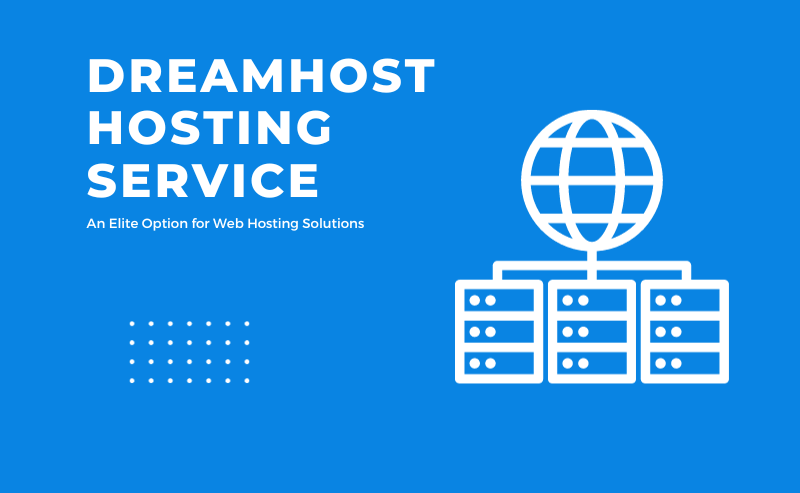When deciding between WordPress on Nginx or Apache for your web server, it’s important to understand the key differences and performance implications. Nginx is efficient and handles high traffic well, while Apache is flexible for dynamic content and complex websites. Nginx is faster with better caching capabilities, while Apache has extensive support and documentation.
To make the right choice, consider your specific needs, priorities, familiarity with servers, and hosting environment. If speed and handling high traffic are important to you, go with Nginx. But if you require flexibility and support for complex websites, Apache might be the better option.
Also, think about the specific considerations for SEO and SSL implementation. The server choice can affect your website’s visibility, and the process of implementing SSL differs between Nginx and Apache. Evaluate syntax, performance, and certificate installation before making your decision.
For the most informed choice, consider A2 Hosting or BlueHost as potential hosting options. They come highly recommended for both beginners and experts, offering compatibility with WordPress and excellent performance.
What Are The Key Differences Between WordPress on Nginx vs Apache?
The key differences between WordPress on Nginx and Apache are in their architecture and performance. Nginx is known for its high-performance and efficient handling of concurrent connections, making it ideal for high-traffic websites. On the other hand, Apache is more widely-used and has a larger community support.
Here are the key differences between WordPress on Nginx and Apache:
Nginx:
– Uses an event-driven and asynchronous approach to handle multiple requests simultaneously.
– More efficient in serving static content like images, CSS, and JavaScript files.
– Known for its high performance and ability to handle a large number of concurrent connections.
– May require less system resources compared to Apache.
Apache:
– Uses a process-based model, which can consume more system resources when handling concurrent connections.
– Better compatibility with various modules and scripts, making it more flexible for complex website setups.
– More widely-used and has a larger community support.
– Offers better support for .htaccess files, which are commonly used for website configuration.
Ultimately, the choice between Nginx and Apache for WordPress depends on your specific needs and priorities. Consider factors such as your website’s traffic volume, the complexity of your setup, and the level of support and expertise available to make an informed decision.
How to Choose Between WordPress Nginx and Apache for Your Web Server?
When choosing between WordPress Nginx and Apache for your web server, there are a few factors to consider.
First, think about the performance and scalability requirements of your website. Nginx is known for its high-performance capabilities and efficient handling of concurrent connections, making it ideal for high-traffic websites. On the other hand, Apache is more versatile and offers a wider range of modules and features, suiting various types of websites.
Second, consider your familiarity and comfort level with each server. If you are already experienced with one of them, it may be easier for you to stick with what you know. However, if you are open to learning, think about the ease of use and available documentation for each option.
Lastly, consider the hosting environment and support options available. Some hosting providers specialize in Nginx or Apache, so it’s important to research and compare different hosting options to find the best fit for your needs. Popular options like Bluehost and A2 Hosting are worth considering, but be sure to thoroughly research and compare all available options before making a decision.
What Are The Performance Implications of Using WordPress Nginx vs Apache?
NGINX vs Apache: Which is better for WordPress performance?
The performance implications of using WordPress with NGINX vs Apache can vary depending on specific circumstances. However, in general, NGINX is known for its high-performance capabilities and efficient handling of concurrent connections. It excels at serving static content quickly and efficiently, making it a popular choice for high-traffic websites.
Here are some key points to consider:
NGINX:
– Known for high-performance capabilities and efficient handling of concurrent connections.
– Excellent at serving static content quickly and efficiently.
– Recommended for handling larger concurrent user loads and efficiently caching static content.
Apache:
– More traditional web server widely used for many years.
– Offers great flexibility and a wide range of features.
– Well-suited for dynamic content, such as PHP-based applications like WordPress.
– May be more suitable for complex websites with dynamic elements that require the use of features like .htaccess.
When it comes to WordPress specifically, both NGINX and Apache can be configured to work effectively. However, the choice between the two depends on the specific needs and requirements of your website. It may be worth considering hosting providers like Bluehost or A2 Hosting, which offer specialized WordPress hosting solutions and can help optimize your site’s performance regardless of the server software used.
How Does Implementing SSL Differ in WordPress Nginx Compared to Apache?
Implementing SSL in WordPress with Nginx and Apache differs in several ways. Here are the key differences:
1. Configuration: In Nginx, SSL certificate configuration is done within the server block of the Nginx configuration file, while in Apache, it is typically done within the virtual host file. This means that the syntax and structure of the configuration directives for SSL will be different between the two web servers.
2. Performance: Nginx handles SSL termination more efficiently than Apache. With its event-driven, asynchronous architecture, Nginx can handle a larger number of concurrent connections and serve SSL requests more quickly, resulting in better overall performance.
3. Certificate Installation: Apache requires the SSL certificate and private key to be in separate files, whereas Nginx can use a combined certificate file that includes both the certificate and private key. This makes the certificate installation process simpler and more streamlined in Nginx.
When choosing a hosting provider for your WordPress website, you can consider Bluehost and A2 Hosting. These providers offer reliable hosting services with support for both Nginx and Apache, allowing you to choose the web server that best fits your needs and preferences.
What Are The Specific Considerations for SEO in WordPress When Using Nginx vs Apache?
When it comes to SEO in WordPress, the choice between NGINX and Apache as your web server is an important consideration. NGINX is known for its speed and efficiency, making it a great option for handling high traffic and improving page load times. Its built-in caching capabilities can also contribute to better SEO rankings. On the other hand, Apache has a larger user base and offers more support and documentation. However, optimizing Apache for SEO may require more technical knowledge. Ultimately, the decision between NGINX and Apache depends on your specific needs and expertise.
WordPress Nginx vs Apache: Which Web Server Is the Best Choice for Your Website?
In conclusion, WordPress NGINX vs Apache is a debate that hinges on specific needs and priorities of website owners and developers. While NGINX offers superior performance in high-traffic scenarios and excels with static content, Apache provides unparalleled flexibility and a robust community for support. Your decision should factor in not only the technical merits of each server but also your personal expertise, the complexity of your website, and your expectations for scalability. Both web servers are capable of delivering excellent SEO advantages when properly configured, and implementing SSL can be successfully achieved on either platform. Whether you opt for the efficiency of NGINX or the versatility of Apache, ensuring your WordPress site is optimized for performance, security, and search engines will contribute to your online success.

